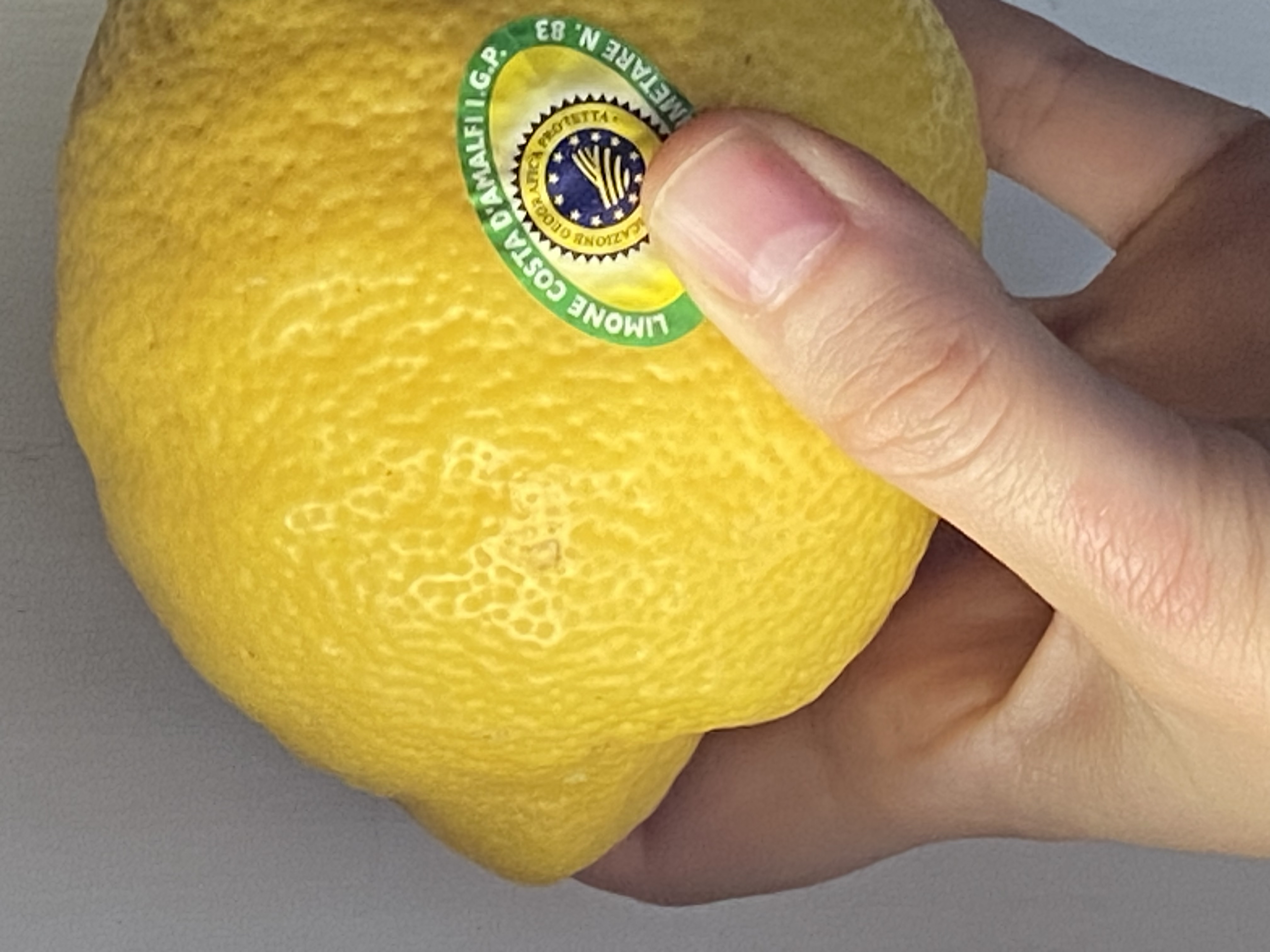katerina, wednesday
a way of looking at things
i’ve started reading some things about lisp, and right now i feel like a whole new world opened to me. not just considering the language itself (because not that i can completely understand it if i’m not a programmer), but the whole discourse around it. how did i not stumble upon it sooner? i always get really immersed when something peaks an interest in me, and i end up with a lot of opened tabs and windows, frantically adding things to are.na.
(sorry for the random holiday images, i'm treating this post also as a coding excercise :))


a way of looking at things
i’m thinking a lot about how can my naive point of view be beneficial, if at all (but i want to believe it can, in some way). i think i read and obviously understand things differently than someone who "knows", because my references are not really technical, but rather more basic (or sometimes just shallow). that can mean that a lot of context is hidden away from me, on the other hand it makes a space where i can create my own one and by that connect things that otherwise wouldn't be connectable for someone that sees things exactly for what they are, even if the connection is not realistically functional per se, but maybe more… poetic? for example, in our city-website.axdx project (more on that later), we were talking about how the structure is basically "list of lists of lists of lists", and when i started reading a lisp wiki page and learned that it’s an abbreviation for list processing, something connected. in this context i particularly like these two excerpts:
In computer science, a linked list is a linear collection of data elements whose order is not given by their physical placement in memory. Instead, each element points to the next. It is a data structure consisting of a collection of nodes which together represent a sequence. In its most basic form, each node contains data, and a reference (in other words, a link) to the next node in the sequence. This structure allows for efficient insertion or removal of elements from any position in the sequence during iteration. More complex variants add additional links, allowing more efficient insertion or removal of nodes at arbitrary positions.
— Lisp, WikipediaThe principal benefit of a linked list over a conventional array is that the list elements can be easily inserted or removed without reallocation or reorganization of the entire structure because the data items do not need to be stored contiguously in memory or on disk, while restructuring an array at run-time is a much more expensive operation. Linked lists allow insertion and removal of nodes at any point in the list, and allow doing so with a constant number of operations by keeping the link previous to the link being added or removed in memory during list traversal.
— Lisp, Wikipedia
i really like the sound of the interchangeability of code and data and how closely they are connected. it can also illustrate how i probably understand the words a bit more vaguely, e.g. link for me is just something like… a relationship? so then i connect it in my mind with stuff like this:
There's a data layer. There's a security layer. There's a visual design layer. There's a hypertext layer that links to other locations. There's an authentication layer. There's an algorithmic layer. Almost all of these layers are completely invisible to “end users” of the web. They just see a flat static page. There is no topography. There is no transparency to how this website is structured or built. You don't know what other websites it's connected it, or where it's pulling data in from. The amount of technical literacy you need to even begin to see these layers is non-trivial.
— Metaphors We Web By, Maggie Appletonand it seems so exciting to me! i also started reading something on local-first software and CRDTs, but no poetic revellations just yet (: then i started to go through the posts on applied language and in parallel read the rise of worse is better essay and learned about a discourse saying that unix and c are the ultimate computer viruses, lol! i was honestly waiting for this to happen during writing the thesis, but the time is probably right just now. favourite random excerpts:
It is not difficult to have nice shit on the Internet, nor is it difficult to ensure such shit respects the privacy and preferences for media to use of the user. Based on how much time has been wasted on making incremental changes to minimalist protocols, complaining about them, and then implementing arbitrary sets of them, it looks very easy in comparison to make a convenient meta-media to achieve our goals.
— Terminal boredom, or how to go on with life when less is indeed less, Applied LanguageFollowing the contrapositive of my initial statement, ethical software must be free software, else it has failed to be ethical. As we already wrote in Software and Anarchy, the notions of free software and fair organisation which involves software are inseparable. Without free software, the imbalance of information on software necessarily creates unfair power dynamics. A free software which is maintained by discriminatory people has even failed to be free. A prioritisation of "ethics" over "free software" or vice versa rests on some poor attempt to separate the two, and is thus ensured to end up in the failure of both.
— "Ethical software" is (currently) a sad joke, Applied LanguageThe lesson to be learned from this is that it is often undesirable to go for the right thing first. It is better to get half of the right thing available so that it spreads like a virus. Once people are hooked on it, take the time to improve it to 90% of the right thing.
— The Rise of "Worse is Better", Richard Gabriel


what is also really nice to experience is the interconnectedness of it all. i recently listened to this revolutionary left radio episode, which is trying to connect buddhist and anarchist ideas, but i think i listened to an even better one a few months before i can't now find for some reason... but will try once more, because i'd like to listen to it again. it's nice that it naturally and sort of without me immediately knowing or looking for it on purpose suddenly appears in software stuff as well. and i found a good internal answer for the critique we're getting from "school" and a few other people (':
We don’t need to water down our ideals to win favor with fence-sitters.
— Vulgar Anarcho-Communism: Pacifying Anti-Statism, @spookedhamsand i also quite enjoyed this quick little read called nice shit for everybody i found linked somewhere on applied language, that makes this kind of thinking a bit more tangible, concrete and personal to me. two excerpts from that one:
“I want to shed myself of my first world privilege and not live confined by how capitalism wants me to.” If only it were so simple. We’ve actually read this sentence (though its intent we’ve seen many, many times). This is pure reactionary thought. To run and do the opposite just because capitalism displays certain social features does not make one an anticapitalist. It makes you a petit-bourgeois bohemian. We all want to not pay rent, or pay for food, or have to work so many hours of our lives but there is no outside of capitalism. Asceticism is not revolutionary. Even those nodes of autonomy scattered around the globe, like among the Zapatistas, or Marinaleda, Spain still have to contend with the fact that Capital has them surrounded.
— Nice Shit for Everybody, L.A. ONDA, HostisFurther, a critique of consumerism (& likewise Capital) that only asks us to consume less misses the trees for the forest. Capital would have us consume less only to appease our consumer guilt. Let us not be fooled, Capital necessitates eternal growth and this growth is done on terms that will destroy us regardless of how much (or little) we buy. Capital has made a sin of our desires because they inevitably know that it cannot satisfy. To each according to their need, and to each according to their desire. We contend with capitalist logic and aim for the unreasonable because capitalist logic would have us cut ourselves from our ludic, indulgent dreams.
— Nice Shit for Everybody, L.A. ONDA, Hostislil personal website
last time i was also writing about how i'm thinking about creating my website (or a blog, because i was obsessed with making them when i was younger and even learned some html css tricks back then), and it started happening a very short while after i found a cute domain lol, as it goes.
we sat with my friend for a few hours, me sharing my screen, he walking me through it, and i was really excited the whole time, maybe i missed the whole "how to do (something) in html" searching thing or idk! right now it's very simple, just three text files. coolest features according to me are automatically changing weekday name and generating a few images from my are.na mood channel.
right now it only functions as a simplified "table of contents", but i'd really like to make some sort of reader-mode for walking through channels, that would be more similar to a blog post or just a more simplified scroll, something other than a table with squares arranged backwards-in-time basically.
and that gets me to the limits of discord and logging there, when it gets bit long and requires more messages and linking to things. also its benefits, like commenting or reacting right away to a specific part of the message or text and having it all in one space. i'm quite used to writing there, although usually i start in dropbox paper out of habit. but! i think these situations are good and could be useful to experience for the potencial writer thing (:
not sure how's the reading though, it feels it can be quite overwhelming on discord... what do you think?
take care,
katerina